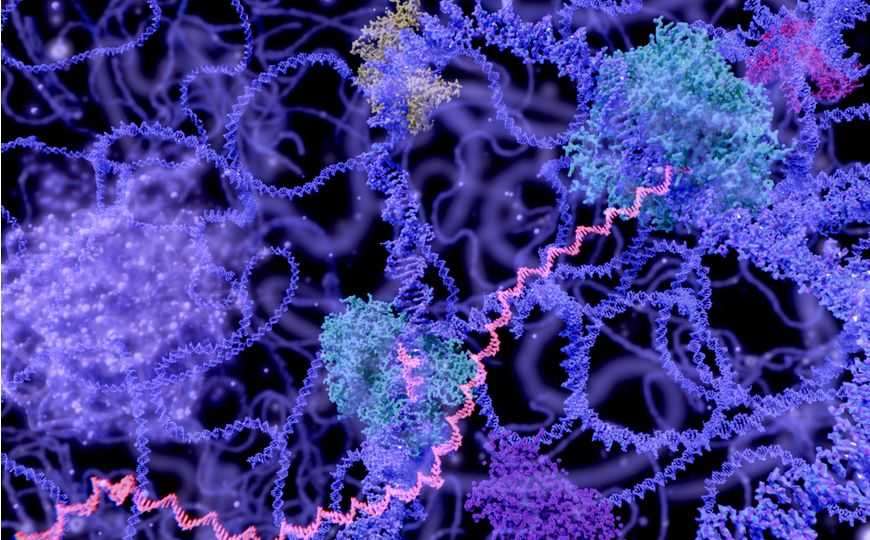qPCR-Based Assays to Detect Gastrointestinal Pathogens
 Онлайн
Онлайн
GenomeWebinars. Sponsored by LGC, Biosearch Technologies

The human microbiome consists of microbes that colonize the skin and live in the oral, nasal, urogenital, and gastrointestinal regions. Over one hundred such species have been identified and characterized, some of which are mutualistic while others are pathogenic. Foodborne pathogens including Escherichia coli, Salmonella enterica, Shigella flexneri, Listeria monocytogenes, Vibrio parahaemolyticus, Camplobacter jejuni, and Clostridium difficile routinely cause foodborne illness, including gastrointestinal illness. Consuming uncooked or undercooked meats, shellfish, and salads can cause foodborne illness. Contaminated water can also lead to illness. Of these pathogens, E. coli, B. cereus, C. difficile, C. jejuni, and V. parahaemolyticus have been found inside of the human body, and B. cereus and E. coli have been found on the skin.
In this presentation, Kelly Elkins, Ph.D. will describe different types of polymerase chain reaction (PCR)-based assays and the development of new quantitative PCR high-resolution melt (HRM) assays to detect and identify these pathogens by probing the amplicon melt temperature. The development of multiplex assays targeting multiple pathogens simultaneously will also be presented.


 Меню
Меню





 Все темы
Все темы







